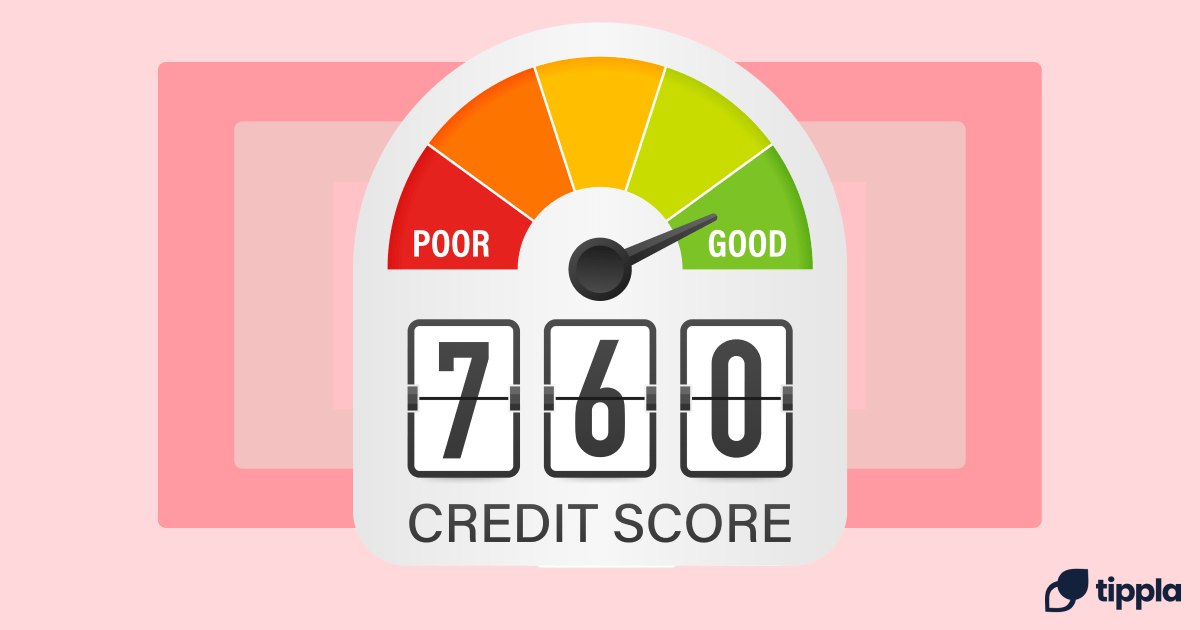Published in February 8, 2024
Managing Multiple Credit Accounts

Managing multiple credit accounts is a common financial strategy in Australia, driven by various factors. Firstly, individuals may leverage different credit cards for specific benefits, such as rewards programs or varying interest rates. Secondly, having a mix of credit types positively impacts credit scores, influencing financial decisions like loan approvals and interest rates.
However, effective management is crucial to avoid pitfalls. Individuals should monitor spending across accounts, prioritise timely payments, and balance credit utilisation to optimise credit scores and overall financial health. Failing to use or manage multiple accounts responsibly may lead to negative consequences, impacting creditworthiness.
Understanding Credit Accounts
Navigating the complicated world of personal finance requires a thorough understanding of credit accounts. It gives people the capacity to manage their debt carefully, make educated decisions, and build a solid credit history—all of which are essential for obtaining good financial outcomes and maintaining overall financial health.
Types of credit accounts
Here are the common types of credit accounts.
Credit Cards
These revolving lines of credit let you borrow money for purchases or cash advances, up to a set limit. Using them responsibly (paying on time and keeping balances low) can boost your credit score, while missed payments or high debt can hurt it.
Loans
These fixed-term credit agreements provide a lump sum of money upfront, which you repay with interest over a set period. Examples include personal loans, car loans, and home loans. Successfully managing a variety of loans can demonstrate your creditworthiness.
Lines of Credit
These flexible credit accounts provide a pre-approved amount of money you can access as needed, similar to credit cards but often with lower interest rates. They can help manage unexpected expenses or consolidate debt, but responsible use is key.
Buy Now, Pay Later (BNPL)
These services allow you to split purchases into smaller, interest-free instalments. While not traditionally considered credit accounts, some BNPL providers are starting to report to credit bureaus. Using them responsibly is important to avoid late fees and potential negative impacts on your credit.
Lines of Credit
Similar to credit cards, responsible usage, and timely repayments positively impact your credit score. Lines of credit offer flexibility but require careful management to prevent overextension and potential financial strain.
The Benefits of Multiple Credit Accounts
Having multiple credit cards in Australia can offer various advantages, tailored to the unique financial landscape of the country.
- Improved Credit Score: Maintaining multiple credit accounts can positively impact your credit score in Australia. Diversifying your credit mix by having different types of credit, like credit cards and loans, showcases responsible financial management. Credit reporting agencies often view a well-managed, diverse credit profile favourably.
- Access to More Funds: Holding multiple credit cards provides increased financial flexibility. It allows access to a higher overall credit limit, potentially assisting in managing unexpected expenses or larger purchases. However, it’s crucial to use this additional credit responsibly to avoid debt accumulation
- Rewards Programs: Each credit card may have its rewards and benefits. By strategically using different cards for specific spending categories, such as travel or groceries, individuals can maximise rewards and cashback programs.
Risks and Challenges
When juggling multiple credit cards in Australia, several risks and challenges should be considered:
- Potential for High Debt Levels and Financial Strain: Holding multiple credit cards increases the temptation to accumulate debt beyond one’s means. This can lead to financial strain, especially if cardholders struggle to manage repayments and interest payments. The potential for high debt levels poses a significant risk to financial well-being.
- Difficulty in Tracking Multiple Payments and Due Dates: Managing payments across several credit cards can be challenging, increasing the risk of missed payments. This can result in late fees and negatively impact credit scores. Australians should be mindful of organising their payment schedules to avoid such pitfalls.
- Impact on Credit Score due to Mismanagement: Mismanaging multiple credit cards, such as maxing out limits or consistently making late payments, can have a detrimental effect on credit scores. This may affect the individual’s ability to secure favourable terms on loans and financial products in the future.
Strategies for Effective Management
Effectively managing multiple credit cards is crucial to avoid financial pitfalls. Here are strategies tailored to the Australian context:
Organising and Tracking Credit Accounts
- Keep a detailed list of all credit cards, including credit limits and interest rates.
- Use digital tools like budgeting apps like YNAB or PocketGuard to maintain a comprehensive overview.
Setting up Reminders for Due Dates
- Utilise digital reminders on smartphones or applications to stay on top of payment due dates.
- Explore features within credit card apps that offer automatic payment reminders.
- Consider syncing due dates with personal calendars for additional prompts.
Budgeting to Manage Repayments
- Implement a practical budget allocating specific amounts for credit card repayments.
- Prioritise higher interest rate cards or those nearing their credit limits to mitigate potential financial strain.
- Regularly review and adjust the budget to accommodate changes in income or expenses.
Monitoring Credit Scores and Reports
Monitoring your credit score and reports is crucial in the Australian financial landscape. Here’s a tailored guide:
Regularly Checking Credit Reports for Errors
- Importance of Vigilance: Regularly monitor your credit report to detect and rectify any errors promptly. Australian credit reports may contain inaccuracies that could impact your creditworthiness.
- How to Check: Utilise reputable credit reporting agencies in Australia, such as Equifax, Experian, and Illion. These agencies provide access to your credit report, allowing you to review and dispute any inaccuracies. You may also check your credit score through websites with credit monitoring services like Tippla.
Understanding How Multiple Accounts Influence Credit Score
- Impact of Credit Enquiries: In Australia, multiple credit enquiries can affect your credit score. Be mindful of applying for credit too frequently, as each application leaves a mark on your credit report.
- Credit Mix Considerations: Diversifying your credit mix can positively impact your credit score. Including a mix of credit types, such as credit cards, loans, and mortgages, can demonstrate responsible credit management.
Conclusion
In managing multiple credit accounts, it is essential to adopt key strategies for financial well-being. First and foremost, staying organised and prioritising high-interest debts aids in maintaining a clear payment schedule, preventing late payments and potential financial strain. Additionally, regular monitoring of due dates and employing payment reminders ensures timely settlements. To foster responsible credit habits, individuals should consider diversifying their credit mix wisely, incorporating a balanced blend of credit cards, loans, and other financial instruments.
This approach not only positively influences credit scores but also demonstrates prudent financial management. Ultimately, by adhering to these strategies and remaining vigilant in credit management, individuals can navigate the complexities of multiple credit accounts with confidence, securing a healthier financial future.
While we at Tippla will always do our best to provide you with the information you need to financially thrive, it’s important to note that we’re not debt counsellors, nor do we provide financial advice. Be sure to speak to your financial services professional before making any decisions.
Related articles

What are Personal Guarantees for Loans
30/07/2024
Personal guarantees are a common financial tool used to...


How Often Does My Credit Score Change?
28/09/2021
We have covered what can affect your credit score...

Credit Repair Companies: Are They Worth It?
19/10/2021
In life, there’s rarely a quick fix. The same...
Subscribe to our newsletter
Stay up to date with Tippla's financial blog